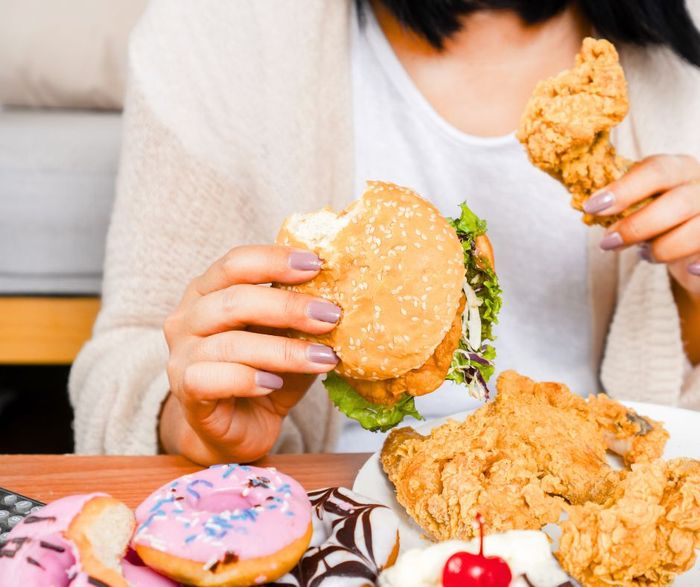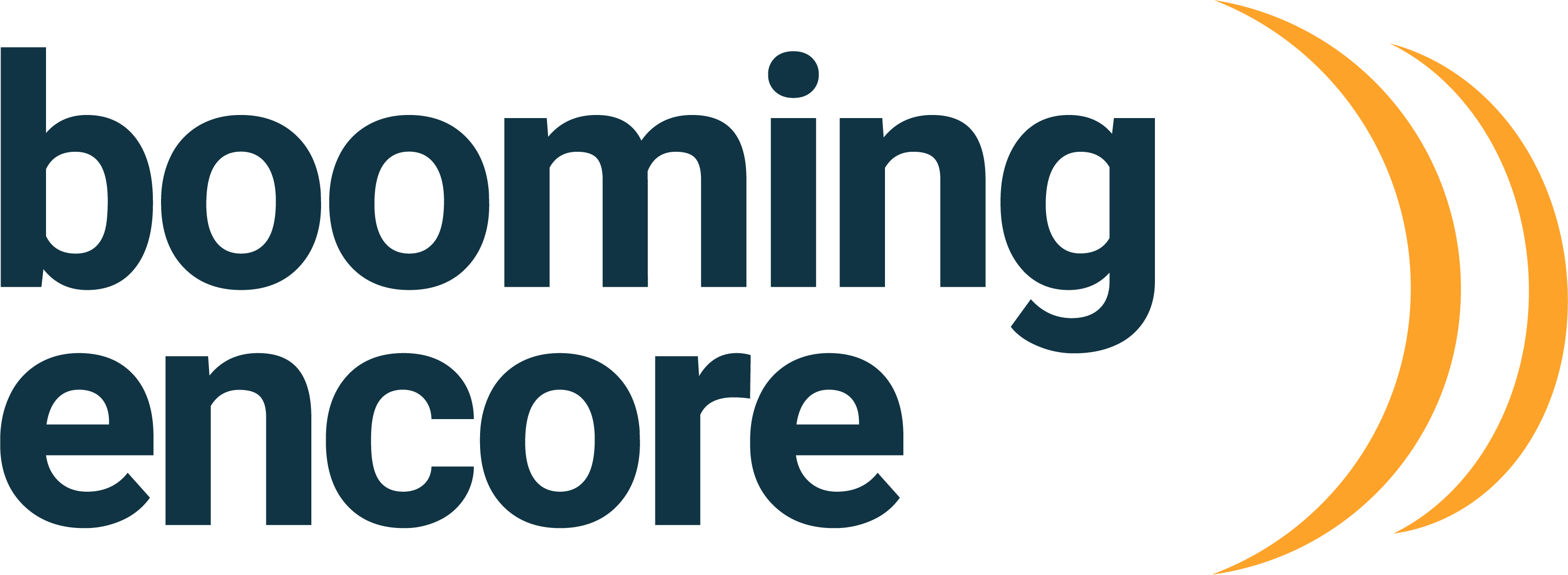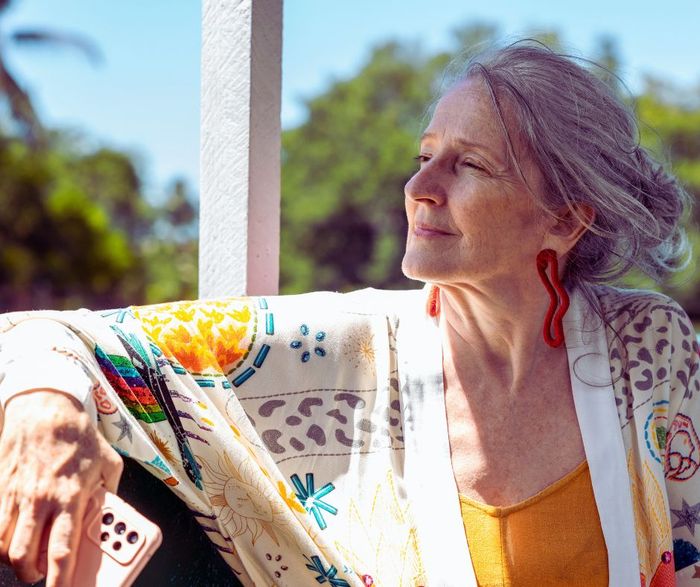My AI Wellness Experiment: Day 23 - Understanding Emotional Eating

Today was one of those good days - following the food plan felt natural, got my exercise done first thing in the morning, and feeling strong overall. But even on days like this, it's thought now was the time for me to start thinking and strategizing for when things weren’t necessarily good. I recongize that I am an emotional eater and when stressed, this is when I typically head to the pantry. So I thought I would discuss this with my AI wellness coach and have it suggest ways I could manage it better should I find myself in this situation.
The Reality of Emotional Eating
Here's something important that I learned: emotional eating isn't a character flaw. Food genuinely does provide comfort because it triggers dopamine release and can temporarily soothe stress hormones. My brain is doing exactly what brains are designed to do. Removing the shame from this equation is the first step towards me managing it effectively.
Building Your Stress-Eating Toolkit
The key is to have strategies in place before I need them. Here were some approaches that were suggested by my AI wellness coach:
Create a pause. When I feel the urge to eat for comfort, I should set a timer for 10-15 minutes and do something else first. Often the intensity of the craving will pass, and if I’m still genuinely hungry afterward, I can have better control and eat more mindfully.
Develop non-food comfort strategies. I should give some thought to what else soothes me when I’m stressed - hot tea, a warm shower, calling someone you trust, going for a walk, or simply taking deep breaths. Having these alternatives ready before I need them makes all the difference.
Use the "and" approach. Instead of telling myself "I shouldn't eat this," try "I'm stressed AND I can have this food if I still want it in 20 minutes." This removes the forbidden fruit effect while giving me space to make a conscious choice.
A Personal Discovery: The Power of Breakfast
One of the most valuable insights came to me today from reflecting on my nighttime eating patterns. In the past, I tried skipping breakfast and following intermittent fasting but it led to intense hunger at night for me and lots of "fridge surfing." But since starting this plan and eating breakfast consistently - even when not particularly hungry in the morning - my nighttime cravings have calmed down significantly.
This discovery highlights something crucial: my body was simply doing its job. Because I under-ate during the day, it ramped up hunger signals later to ensure I got the energy I needed. By eating breakfast, I’m essentially training my hunger cues to be more evenly distributed throughout the day rather than backloaded to the evening.
The result? Much more even energy throughout the day and far less nighttime food searching. It's a perfect example of how nutrition needs to be individualized - what works for others might not work for me, and that's completely okay.
Key Learning
As I head into the final week of this 30-day plan, having these tools and insights feels invaluable. Understanding that emotional eating is normal, having strategies ready for stressful moments, and knowing what eating pattern works best for my body creates a strong foundation for long-term success.
I keep reminding myself, my goal isn't perfection - it's preparation and self-awareness. Today was a good reminder that wellness isn't just about the days when everything goes smoothly, but about building systems that support me when life gets challenging.
Preparing for challenges before you’re in them can make a big difference....
Check out tomorrow's post where I learn how to make mindfulness and gratitude stick.
Interested in reading all my experiences and conversations with my AI wellness coach so far? Check them out here!
Related content







